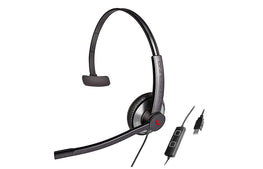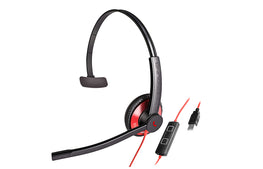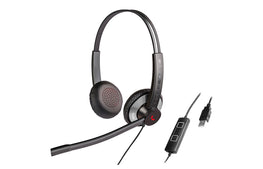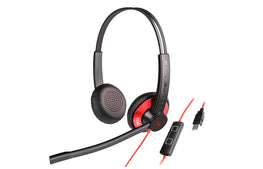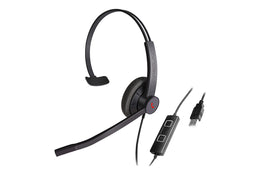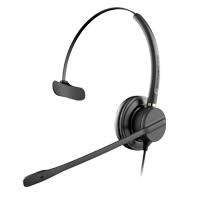
Orthopaedic surgeons and Dragon Medical voice recognition
Orthopaedic surgeons represent some of the most important medical professionals, providing dedicated care for a range of skeletal issues that Australians might experience.
In recent years, the nature of this care has shifted considerably, with an increasing level of specialisation within the profession. While this level of knowledge is incredibly important, it also increases the pressure on orthopaedic surgeons to find time-saving tools that can help them deliver optimal care.
Managing the demands of patient care
Like most medical professionals, a major component of orthopaedic work involves patient care. In fact, figures from the Orthopedist and Orthopedic Surgeon Compensation Report from US medical news company MedScape found that 44 per cent of these individuals are spending more than 45 hours a week directly consulting with patients.
The same study found that the average patient is receiving between nine and 16 minutes with an orthopaedic specialist, although 6 per cent are taking more than 25 minutes.
The research attributed this shift to the increasingly specialised nature of orthopaedic care, which calls for more time spent on direct patient contact. In this environment, saving time on procedural work will make a big difference to the amount of time these medical professionals can commit to treatment.
Voice recognition and orthopaedic surgeons
While orthopaedic professionals are clearly spending a significant portion of their day working directly with patients, the challenge now is to ensure that the other aspects of their role aren't leeching into this time or creating an unnecessarily high work load.
To do this requires surgeons to have dedicated support services to ensure administrative responsibilities aren't affecting their overall performance. Writing up patient notes is just one example, with this representing an important drain on a physician's time and resources.
One way to minimise the time spent writing up patient notes is to use voice recognition software like Dragon Medical 4. This technology allows orthopaedic surgeons to compose patient notes at the same speed they can speak, significantly increasing the number of words per minute.
Non-clinical paperwork is also a major drain of resources, accounting for 22 per cent of an orthopaedic surgeon's time, according to the MedScape research.
Beyond increasing the speed of writing, Dragon Medical 4 comes with an enhanced medical vocabulary, meaning it can keep up with the increasingly nuanced nature of orthopaedic surgery. As the levels of specialisation within this discipline increase, the demand for detailed note taking is going to grow in step.
While orthopaedic surgeons will continue to face the demands of a high work load, with tools like Dragon Medical One, they can be sure they are dedicating as much time as possible to patient care rather than note taking.

